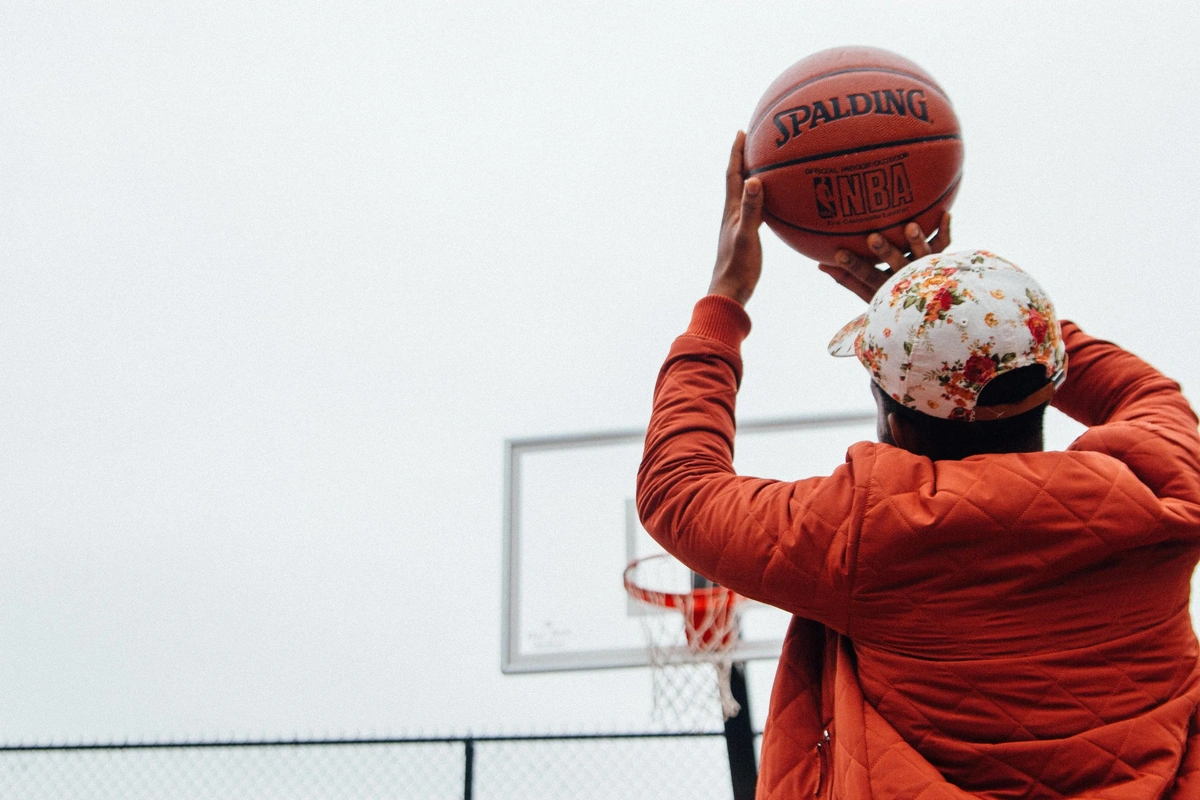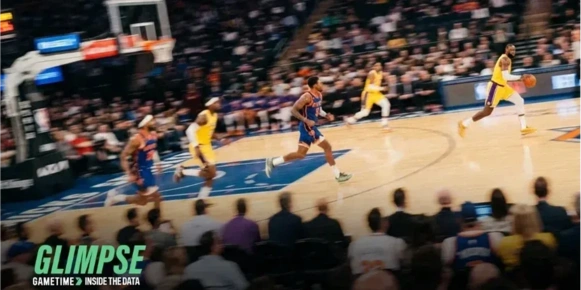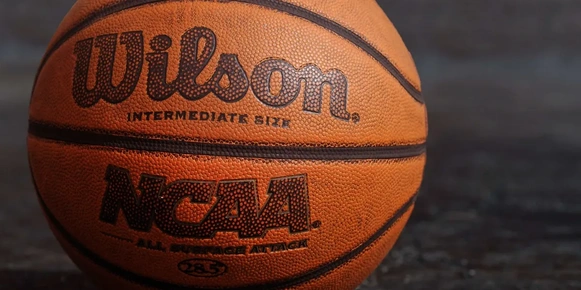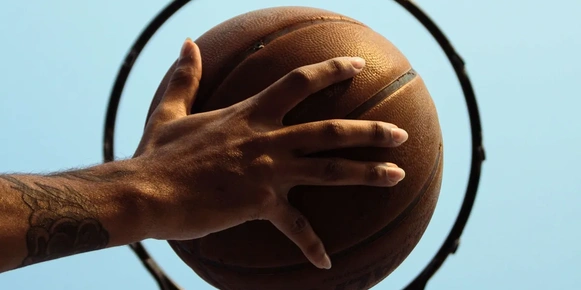New Orleans Pelicans Fun Facts
- Sports
by Gametime

This article was originally published on and was updated on .
There are a lot of NBA franchises with a long and storied history. Unfortunately, the New Orleans Pelicans aren’t one of them. The franchise has only been around since 2002 and is a little short when it comes to prestige and on-court success, making Pelican ticket prices on the cheaper side. But that doesn’t mean that the Pelicans aren’t an interesting franchise that’s worth knowing about. Not only is the future bright for fans interested in buying New Orleans Pelicans tickets, but the franchise’s brief history has been far from boring. To show you what we mean, let’s check out some fun facts about the Pelicans and their history in the NBA.
What’s in a Name?
Despite being a young franchise, the Pelicans have a rather unusual history with their name. When the franchise was born in 2002, they were known as the Hornets after relocating from Charlotte. In 2013, they decided to change to the Pelicans. Meanwhile, just a couple of years after the Hornets relocated to New Orleans, Charlotte got a new team called the Bobcats. But just one year after New Orleans switched from the Hornets to the Pelicans, Charlotte swapped out Bobcats and went back to being the Hornets. That means that the Hornets sometimes play the team that used to be the Hornets, meaning the Pelicans. Confusing, isn’t it?
Relocation
Just a few seasons after moving to New Orleans, the Pelicans (then still the Hornets) had to move again, at least temporarily. The city of New Orleans was ravaged by Hurricane Katrina, forcing the team to relocate to Oklahoma City for the 2005-06 and 2006-07 seasons. During that time, they were known as the New Orleans/Oklahoma City Hornets, further complicating matters for the barnstorming franchise.
Why a Big Bird?
The name change from Hornets to Pelicans came about after late owner Tom Benson bought the team and wanted the team’s nickname to have a local flavor to it. The Utah Jazz declined to give up their nickname, even though the Jazz got its name because the franchise was located in New Orleans for the first five years of its history. The names “Brass” and “Krewe” were also considered. In the end, “Pelicans” was the choice because Louisiana’s state bird is the brown pelican. In fact, there is a pelican feeding its babies on the state’s official flag. The name also pays homage to a now-defunct minor league baseball team called the New Orleans Pelicans that played in the city for over 70 years.
Clashing Colors
When Benson renamed the team the Pelicans, he also changed the team’s color scheme to blue, gold, and red. Blue was chosen because it is the primary color on the Louisiana state flag. Gold is a reference to the New Orleans Saints, creating a kinship between the city’s two pro sports franchises. Red is meant to represent brotherhood. It’s also worth noting that all three colors are found on the official City of New Orleans flag.
A French Pelican
Along with their new nickname, the Pelicans also got a new mascot. Pierre the Pelican was officially unveiled in 2013, officially replacing Hugo the Hornet. Fans voted for the name of the new mascot on the team’s website. However, a few months after Pierre made his debut, the Pelicans changed his appearance after there were complaints from fans about his frightening appearance. In February 2014, Pierre adopted a new look after the team claimed the mascot underwent “unconventional surgery” to “reconstruct his beak.” Pierre’s beak went from red to yellow, and his eyes were also changed, giving him a much friendlier appearance.
Just the One
Officially, the Pelicans have just one retired number; the no. 7, worn by Pete Maravich. Obviously, Maravich never played for the Pelicans. However, the late Maravich is a beloved figure in the state of Louisiana. He played his college ball at LSU and later played five seasons for the New Orleans Jazz before the franchise moved to Utah. The Jazz and the Atlanta Hawks have also retired the number Maravich wore while playing for them.
The First Star
Anthony Davis was the first bonafide star in Pelicans history. Technically, he was drafted by the Hornets in 2012, although he played just one season before the franchise changed its name to the Pelicans. Davis represented the Pelicans in six consecutive All-Star Games from 2014 to 2019 and led New Orleans to the playoffs in 2015 and 2018. When Davis joined the Lakers in 2019, he owned many Pelicans franchise records, including most points.
The Next Star
Less than a year after Davis was traded, the Pelicans drafted the player they believe will be the franchise’s next star in Zion Williamson. Unfortunately, the start of his career was delayed by a knee injury. However, Williamson is considered a generational talent with a bright future ahead of him. The Pelicans have tried to surround Williamson with other blossoming stars like Brandon Ingram and Lonzo Ball, creating a bright future for one of the NBA’s most intriguing and youngest franchises.


